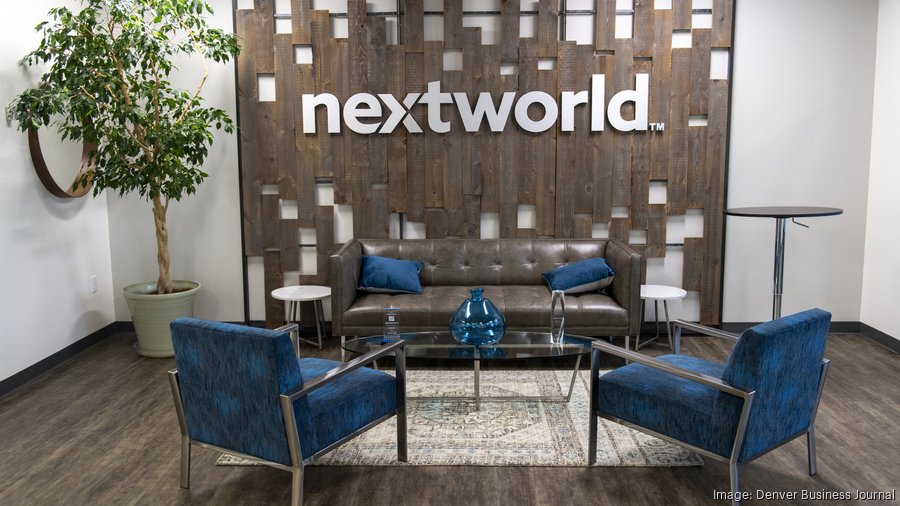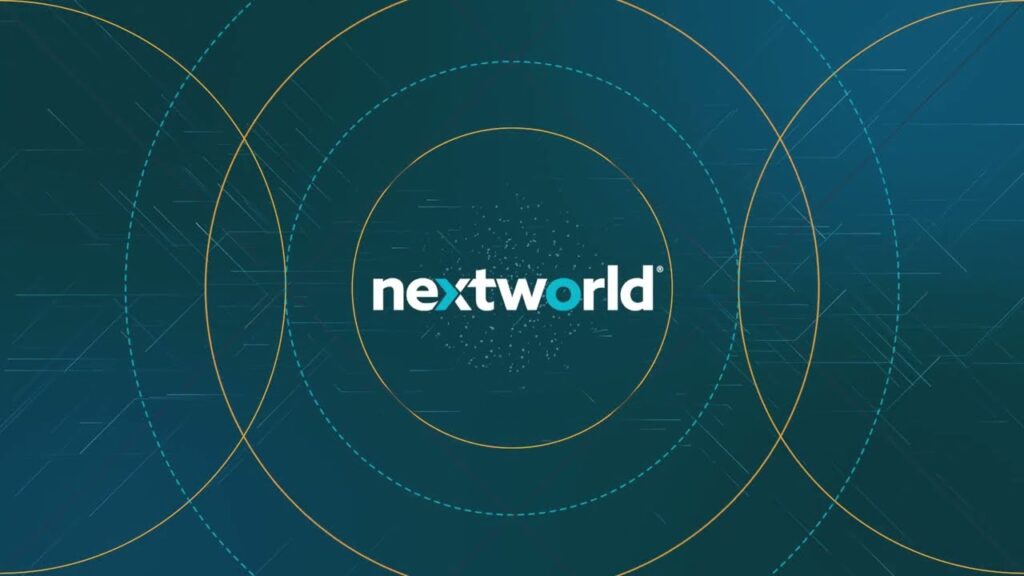Technical obsoletion is, and will be, a challenge for all businesses that rely on digital services and processes. While many ERP providers will offer agility and flexibility to be as adaptable as possible for the future, the fact of the matter is that all code will eventually become obsolete and will need to be replaced. It is perhaps this realization, alongside other citizen developer benefits, that has prompted the creation of no-code and low-code solutions.
Relying on traditional coding when developing new solutions will inevitably set an IT team up for future hardship – as ensuring compatibility with the latest software update requires manually reworking code. The time and resources of IT teams is surely better spent developing innovative solutions rather than rewriting code after every update.
While no-code and low-code solutions seem to be a good alternative to combating the looming issue of code obsoletion, there can be a risk in relying solely on them. Many no-code platforms are limited in their nature, only allowing simple customizations.
Nextworld, however, began the development of Enterprise No Code specifically to provide a robust and expansive no-code solution – to upgrade no-code capabilities from building simple websites to running manufacturing processes.
No-code solutions are specifically designed for citizen developers to contribute towards IT efforts. Nextworld’s AI copilot can make the no-code process even smoother by providing developers with direction on what to develop next. The AI copilot can also follow a set of simple instructions, allowing for the quick development of custom solutions.
One of the biggest business benefits of no-code development is that it has no expiration date – no need for IT teams to feel obligated to rewrite code after every update. Businesses enhanced by no-code solutions can focus on delivering the best service possible to customers while the ERP system behind it can handle the technological upkeep.





